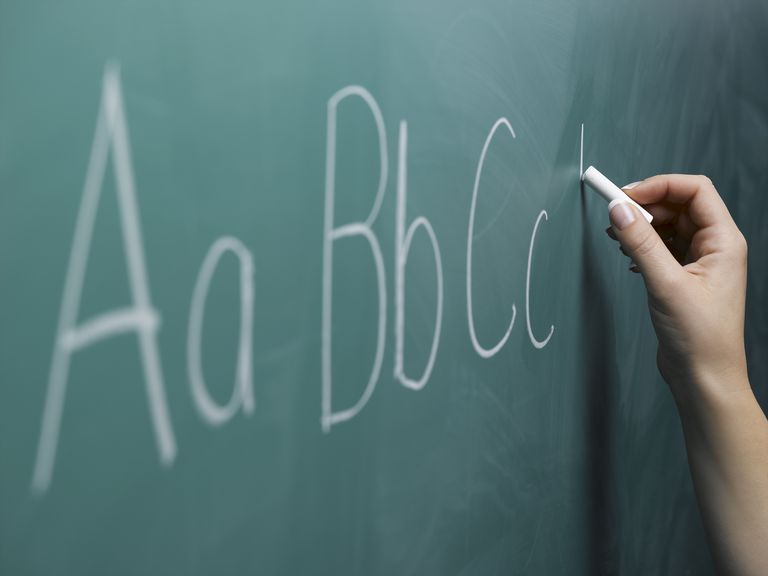Education
Achieving Effective Writing By Ganiu Bamgbose, PhD

Achieving Effective Writing – Writing is the activity or occupation of composing text as a task or for publication. It is the fourth in the acquisition hierarchy of communication skills. The inference is that, fundamentally, a writer must have first acquired the three other skills of reading, speaking and writing. Writing is a cumbersome task, given that it does not flow naturally like speech-making.
It requires great mental effort of thinking and having to still put one’s thoughts in a good sequence to achieve coherence. While speech could be spontaneous or extemporaneous, writing involves having a first draft which has to be redrafted before producing a final copy. On the basis of its taxing nature, I shall discuss the stages involved in achieving effective writing, with a view to getting the general reader acquainted with what it takes to be a good writer.
RECOMMENDED: Grammar And Domestic Issues
The first stage of good writing is identifying the reason(s) for such writing. Nobody writes for writing’s sake. Every decision to write is propelled by a thought or an experience or a task. Writing is not done in a vacuum; it is, therefore, important for the writer to understand the context and the audience. The context and the audience determine what to write about and the language to use. A writer who wants to address a Nigerian audience, for instance, will achieve a greater effect by making reference to masquerades, rather than making reference to Halloween which is alien to his or her audience. Having a clear reason for one’s writing will greatly influence one’s choice of words. The choice of words of a politician who probably wants to bamboozle the electorate cannot be the same as that of a teacher who genuinely wants to impart knowledge to students. A writer must, therefore, be certain about his or her reason for setting out to write. Next to this is the need to choose a captivating topic.
Achieving Effective Writing
A topic is like the colour with which a house is painted. It is the first attraction of a reader. A writer should choose a brief and clear topic over what is long and ambiguous. The topic is the torch with which readers navigate your writing. A clumsy topic is, thus, something like a difficult map which makes it difficult to find one’s location. You can compare the topic of this essay which is in three words, ACHIEVING EFFECTIVE WRITING, to a longer choice such as: THE NECESSARY STEPS TO ACHIEVE EFFECTIVE WRITING. The former, most likely, paints a clear picture and is straightforward. However, note that, sometimes, one cannot avoid a lengthy topic, if the writing hopes to achieve so much. Still, one must be as succinct as possible.
The next stage to this is generating ideas. It is at this stage that one tries to get the requisite content for the writing. This stage is crucial because it determines the quality of the writing. The kind of writing being done determines the process of gathering ideas. Writing could either be academic or non-academic. When one is engaging in academic writing, it is essential to do a rigorous reading of existing materials.
- The Paragraph — Dr. Ganiu Abisoye Bamgbose
- Don’t Take It Personal: Word Classes And Errors Of Usage
- Subjunctives In English
- Expressing Etiquette In English
A topic such as INFLATION IN NIGERIA is an academic topic that will warrant the writer to find out what inflation is, in addition to its types, causes, effects and solutions. This, of course, can only be achieved through reading. In effect, a lazy reader cannot be a good writer. For non-academic topics, one may still have to read about them, as something has been penned down about almost anything one can think of as humans. But, more importantly, non-academic topics require critical thinking and consultations. After spending a good time on generating ideas, one should then re-arrange the ideas in the order that they should be developed in the writing. In generating ideas, they may not come to you in the order that they should be presented. That makes it important to take a second look at all the points generated and re-arrange them appropriately. It is after this that one progresses to writing proper. This entails documenting one’s thoughts in clear sentences and paragraphs. One will, at this stage, develop each of the points that have been highlighted in the appropriate order of presentation. Note that each point should be explained in a detailed paragraph. The crux of every point should be embedded in a topic sentence. A topic sentence in a paragraph is the sentence that summarises the paragraph; other sentences revolve round such a topic sentence. I shall discuss the different methods of paragraph development in the next treatise.
The final stage is editing one’s writing. This stage is very crucial to a piece that will achieve its goal. It is at this stage that one decides what to add and what to remove from the writing, thereby re-evaluating the ideas. A proper look at the grammar, spelling and punctuation errors is also done at this stage.
Writing is a tedious activity which must be properly planned. This piece is a brief on the stages involved in effective writing.
© 2022 Ganiu Abisoye Bamgbose (Dr GAB)
Department of English,
Lagos State University





